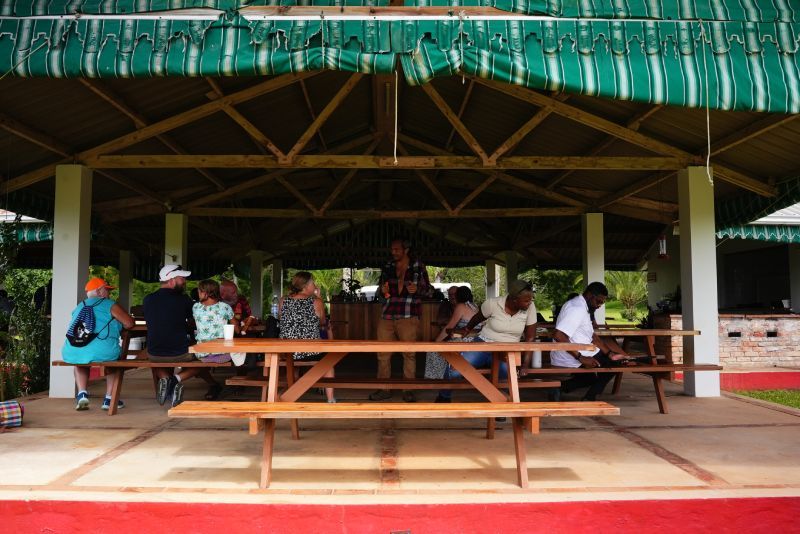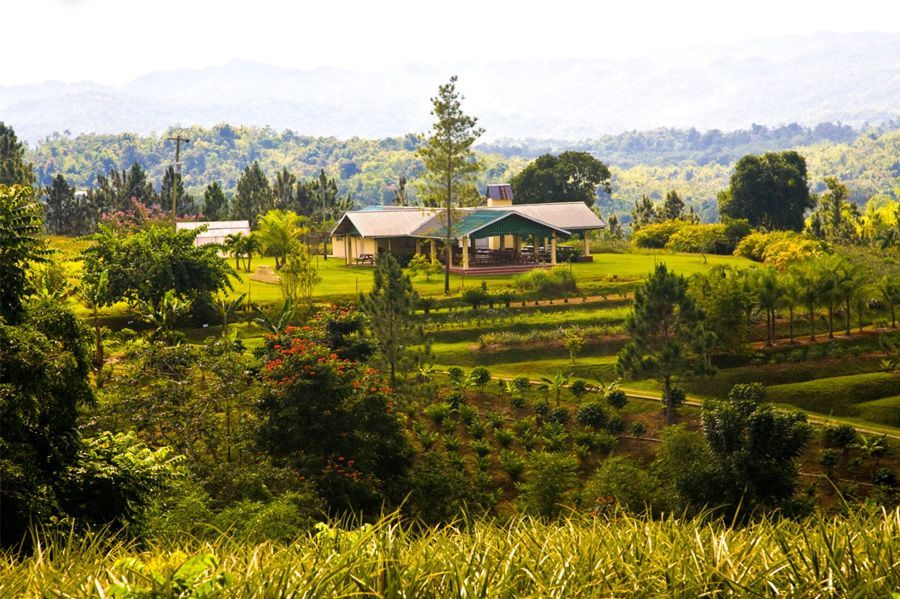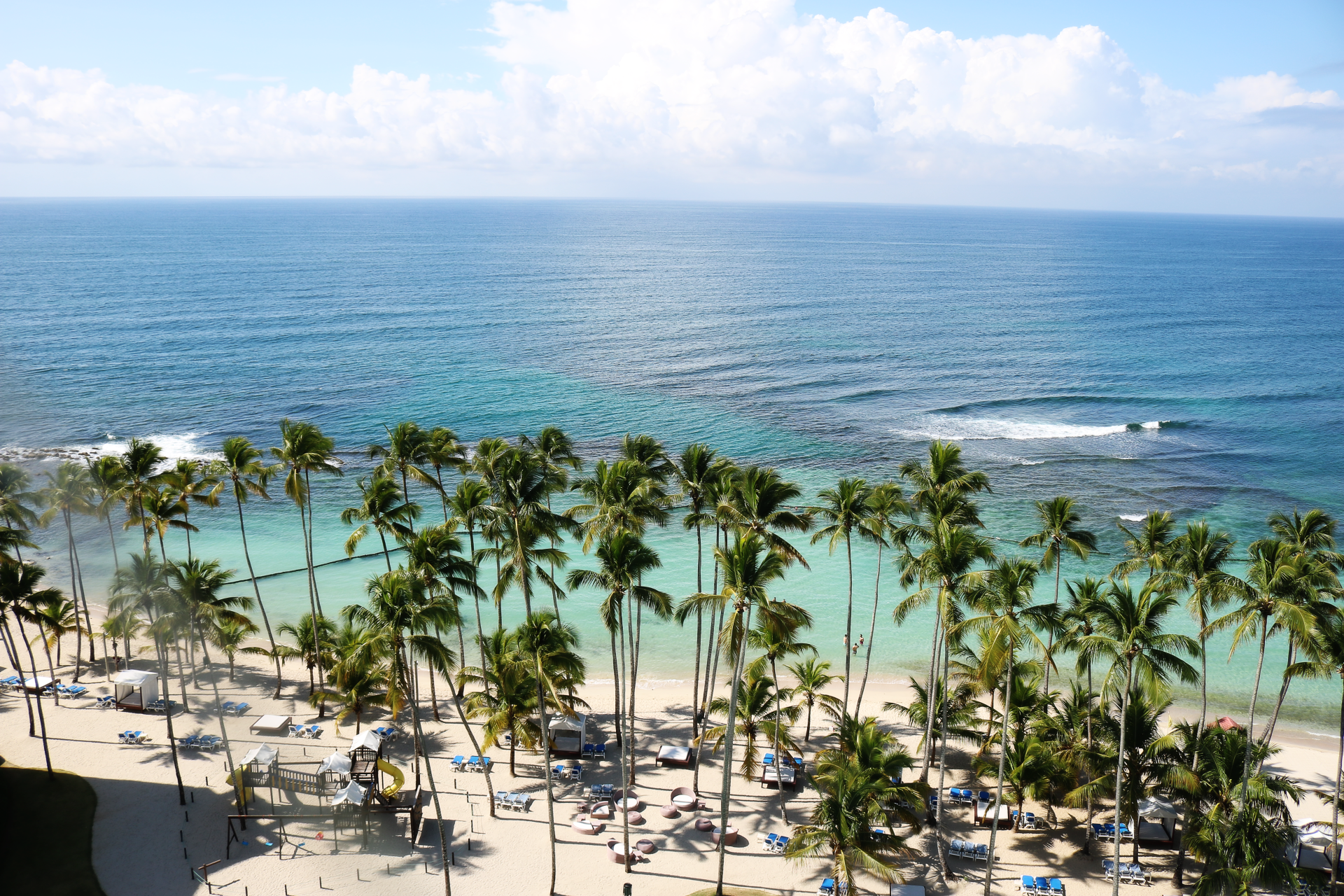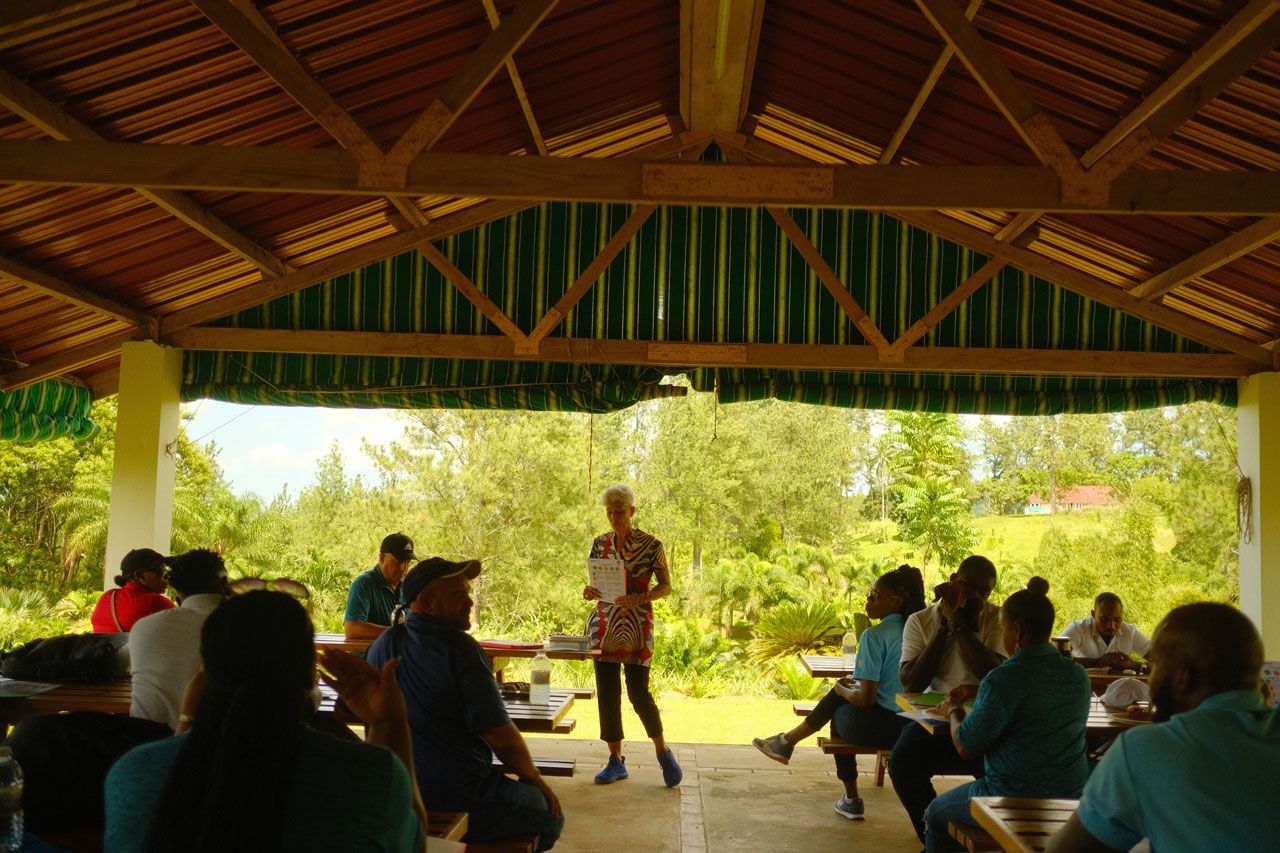The Legacy of Samuel Sharpe
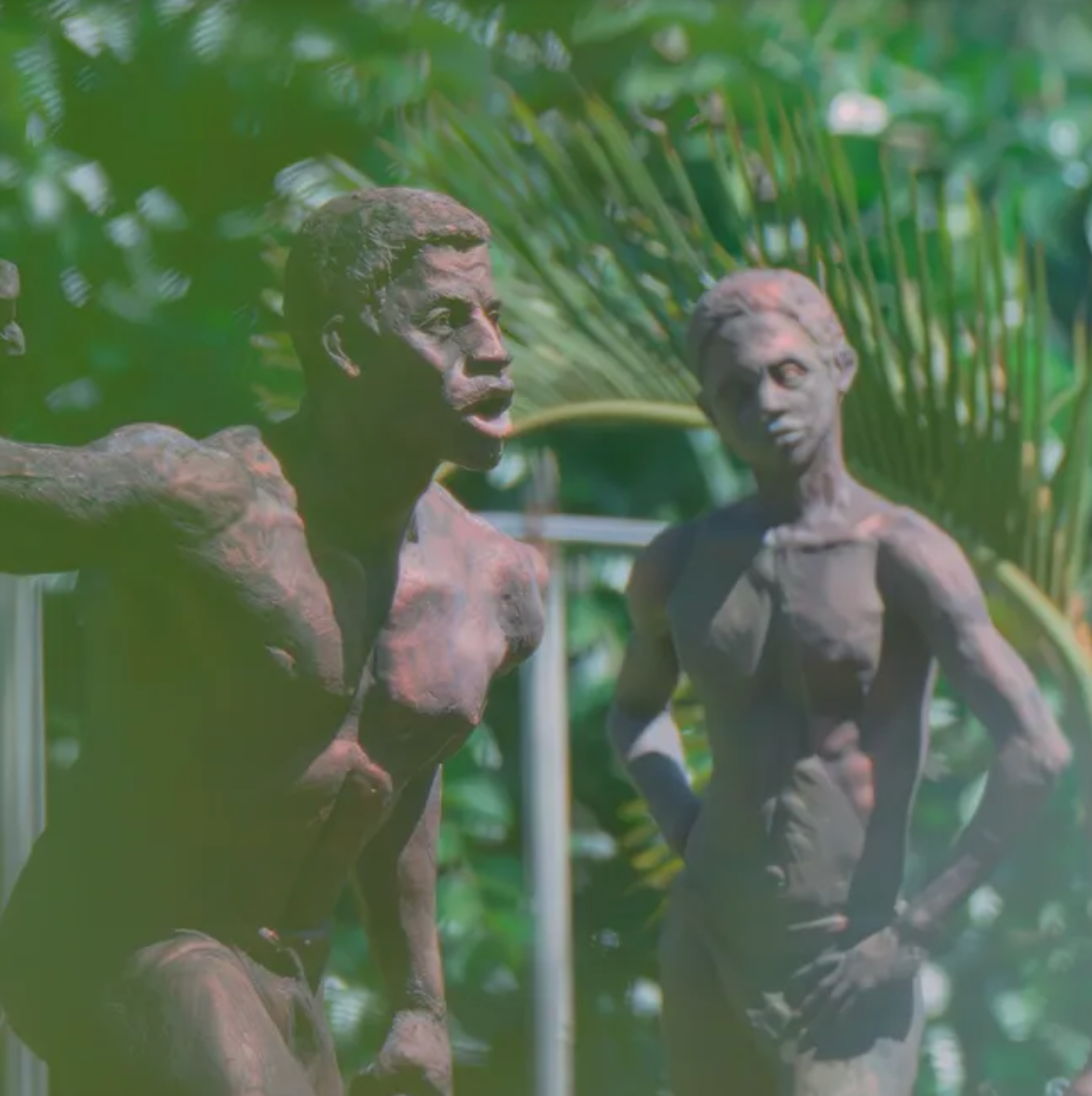
Samuel Sharpe's enduring influence on Jamaica's history is a powerful reminder of how individual courage can ignite sweeping changes. As a visionary leader, his actions during the 1831 Baptist War played a crucial role in the fight against slavery, shaping a legacy of resilience and justice. Have you ever wondered about the impact one person can have on the course of history? Let's delve into the life and legacy of Samuel Sharpe, whose brave actions helped to transform an entire nation.
"I would rather die upon yonder gallows than live in slavery." - Samuel Sharpe
Key Takeaways; TLDR
- Visionary Leadership: Samuel Sharpe led the 1831 Baptist War, igniting significant change.
- Resilient Beginnings: Born into slavery in 1801, Sharpe became literate and influential.
- Strategic Use of Religion: As a Baptist deacon, he blended religious teachings with calls for justice.
- The Christmas Rebellion: His leadership in the 1831 uprising challenged colonial rule.
- Martyr for Freedom: Executed in 1832, Sharpe became a symbol of resistance.
- Impact on Abolition: His rebellion helped accelerate the Slavery Abolition Act of 1833.
- National Hero: Sharpe is celebrated in Jamaica with monuments and educational recognition.
- Historical Site: Croydon in the Mountains preserves his legacy and educates visitors.
The Life of Samuel Sharpe: From Birth to Martyrdom
Early Life and Background
Samuel Sharpe's early life was a testament to resilience in the face of overwhelming adversity.
Born into slavery in Jamaica around 1801, he experienced first-hand the severe injustices of the plantation system. Yet, despite these challenges, Sharpe became literate—an extraordinary achievement that allowed him to read and share ideas, shaping his destiny and that of many others.
The sugar plantations of Jamaica were brutal workplaces, yet they forged Sharpe's resolve. Working from dawn until dusk under the harsh Caribbean sun, he saw the worst of human conditions. However, rather than succumbing to despair, Sharpe found strength in his community, drawing hope from shared experiences and dreams of a better future.
Sharpe's unyielding desire to learn set him apart even in the darkest times. At night, hidden away from the overseers' eyes, he would gather with other enslaved individuals to exchange stories and songs—a clandestine education that stoked the fires of resistance within them.
The Path to Rebellion: Sharpe's Political and Religious Influence
Samuel Sharpe's journey as a
Baptist deacon went beyond spiritual guidance; it was a gateway to profound socio-political change. In his sermons, he intertwined the teachings of the Bible with the principles of freedom and human rights, educating and inspiring his fellow slaves. This blend of religious fervor and advocacy for justice not only captivated his listeners but also laid the foundational ideas that would later fuel the Baptist War.
His unique ability to communicate complex ideas in relatable terms transformed him into a pivotal figure in the anti-slavery movement. By using his religious platform, he was able to spread revolutionary ideas under the guise of spiritual gatherings, setting the stage for one of the most significant uprisings in Jamaica’s history.
1831: The Baptist War and Samuel Sharpe's Leadership
The Baptist War, initially planned as a peaceful strike, showcased Samuel Sharpe's meticulous organizational skills. He collaborated closely with other enslaved leaders, crafting a plan to halt work until plantation owners compensated them for their labor. Sharpe’s leadership was defined by his commitment to non-violence and negotiation, although the situation eventually escalated into violent confrontations, challenging the entrenched system of slavery.
The Christmas Rebellion of 1831
The crescendo of Sharpe’s efforts erupted with the Christmas Rebellion in 1831, a landmark event in the history of Jamaica. This uprising, borne from years of simmering discontent among the enslaved population, sent shockwaves across the island and shook the foundations of colonial rule. The event not only marked a significant turning point but also underscored the deep-seated issues within the plantation system.
The rebellion, while initially peaceful, turned into a significant uprising that would forever alter the course of Jamaican history. Sharpe's ability to ignite such a powerful movement through his leadership and strategic planning demonstrated his profound impact on the fight against slavery.
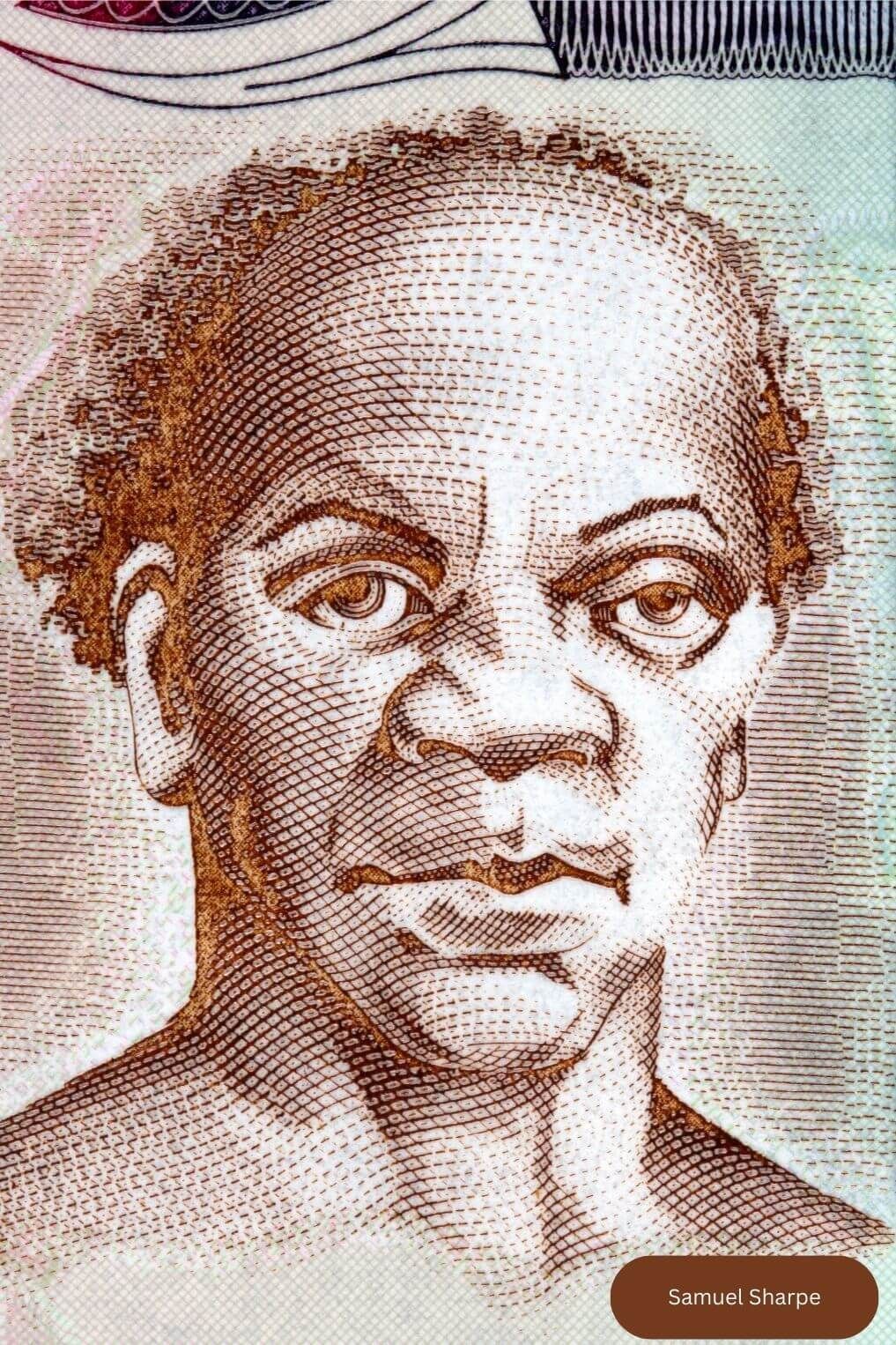
The Martyrdom of Samuel Sharpe
Despite his intentions for peaceful change, Samuel Sharpe was captured and tried by the British authorities following the Christmas Rebellion. His trial and subsequent
execution on
May 23, 1832, at the age of 28 years old. Marked him as a martyr for freedom in Jamaica. His unwavering courage and sacrifice highlighted the severe consequences faced by those who dared to stand against oppression.
Sharpe's death did not end his influence; instead, it immortalized him as a symbol of resilience and the struggle for justice. His story continues to inspire future generations, reminding us of the profound impacts one individual can have on the history of a nation.
Samuel Sharpe's Legacy and Impact on Emancipation
Samuel Sharpe’s uprising in 1831 did more than just shake the foundations of colonial Jamaica; it sent a clear message to the world, especially to the British abolitionist movement. The courage displayed and the visibility of the rebellion highlighted the unsustainable and inhumane nature of slavery. This pivotal moment helped to accelerate the passage of the Slavery Abolition Act of 1833, marking a crucial step toward ending slavery throughout the British Empire.
Modern Remembrance and Honors
Today, Samuel Sharpe's legacy as a pivotal figure in Jamaica's fight for freedom is widely celebrated. His likeness graces the country's legal tender, a daily reminder of his sacrifice and the values he stood for. In schools across Jamaica, children learn about his courageous actions and the significant role he played in the movement towards freedom and equality.
Monuments dedicated to Sharpe stand proudly throughout the island, serving as enduring symbols of his contribution to Jamaican society. These tributes ensure that his efforts in the pursuit of justice and equity are remembered not just in Jamaica but around the world, inspiring future generations to continue the fight for human rights.
Croydon Estates: Preserving Jamaica's History
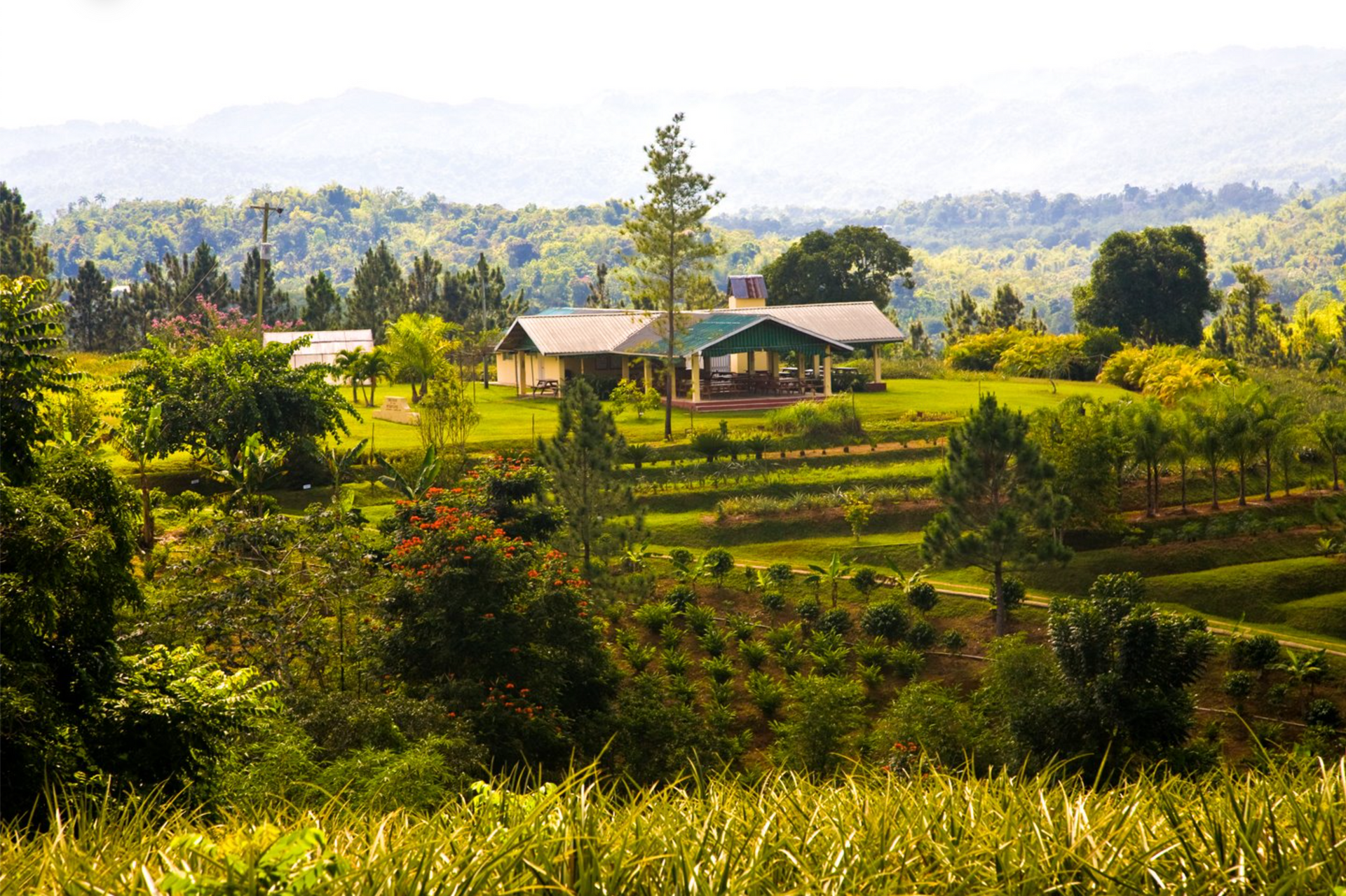
As we reflect on the profound legacy of Samuel Sharpe, it’s crucial to appreciate the places that shaped his heroic journey. Croydon in the Mountains, where Sharpe was born, now offers a vital glimpse into his early life through historical tours. This site not only preserves history but also educates visitors about the deep impact individuals like Sharpe can have on society.
Nestled in the verdant landscapes of Jamaica's St. James parish, Croydon Estates stands as a vibrant testament to the island's rich past. Here, amidst the tranquil countryside, Samuel Sharpe took his first breaths, beginning a life that would alter the course of history.
Croydon Estates offers more than just a scenic view; it serves as a portal to the past. Visitors can explore the very grounds where Sharpe lived, from the humble dwellings of his early years to the expansive fields that now tell the story of his legacy. This immersive experience brings to life the journey from bondage to liberation that Sharpe championed.
Whether you’re a history buff, an educational enthusiast, or just curious about Jamaica’s heritage, Croydon Estates provides an enriching experience. It's a place where history is not only told but felt, offering insights into the emancipation movement that Sharpe so crucially influenced.
By visiting Croydon Estates, you contribute to the preservation of this historical site and the legacy of Samuel Sharpe. Your presence helps maintain this important cultural landmark, ensuring that Sharpe’s spirit continues to inspire future generations.
If you’re ready to walk in the footsteps of a revolutionary, to see the landscape that shaped a national hero, book your tour today. Experience firsthand the legacy of Samuel Sharpe at Croydon in the Mountains. Join us in honoring his memory by learning about the past struggles that have shaped our present freedoms.
If you'd like to experience rich history this farm has to offer,
book your tour now!
Beyond Samuel Sharpe’s pivotal role in the abolitionist movement, Sharpe's legacy endures as a symbol of hope and defiance in he face of oppression. His courage in the face of insurmountable odds serves as a beacon of light for all who strive for justice and equality.


